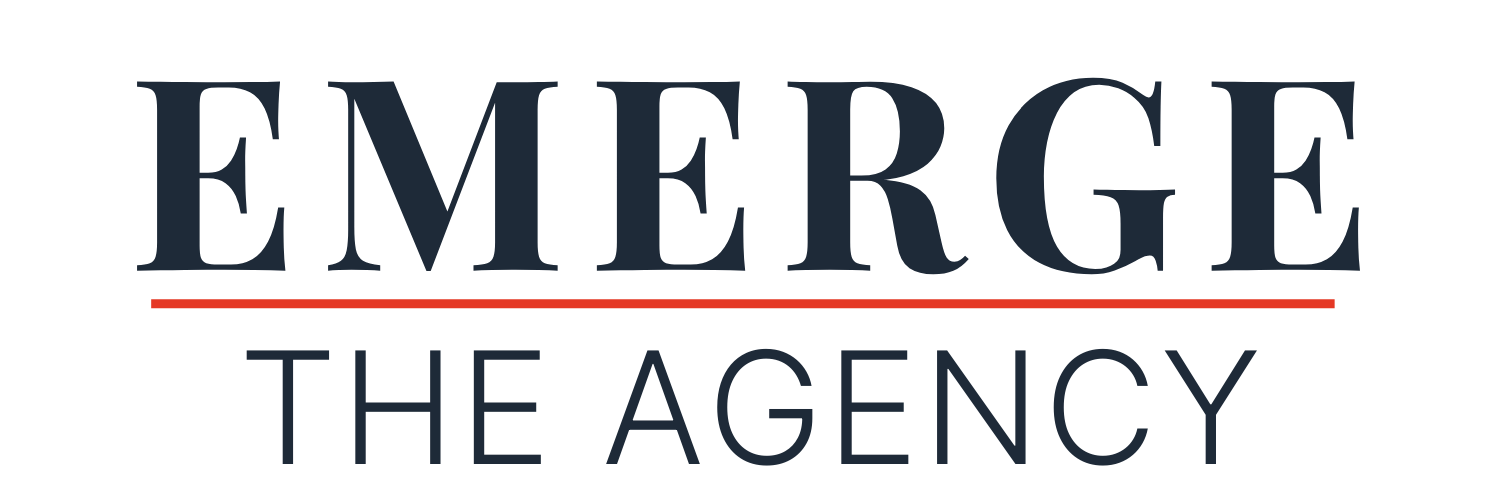The Role of Brand Audits in Market Positioning
In today's hyper-competitive business landscape, effective market positioning is crucial for brands seeking to maintain relevance and achieve growth. One of the foundational tools for enhancing market positioning is a thorough brand audit. This blog explores the significance of brand audits, the process involved, and how they contribute to shaping a brand's market presence.
Understanding Brand Audits
A brand audit is a comprehensive examination of a brand's current position in the market compared to its competitors. It assesses various aspects such as the brand's visual identity, messaging, and customer perception. By systematically evaluating these elements, businesses can gain critical insights into areas that require enhancement. Furthermore, the audit process operates on both qualitative and quantitative dimensions, integrating customer feedback and performance metrics to paint a holistic picture of the brand's status.
Delving deeper, brand audits not only serve as a retrospective analysis but also act as a strategic roadmap for future initiatives. They identify potential gaps in the market where opportunities for repositioning or innovation might exist. Thus, organizations that engage in regular brand audits can anticipate shifts in consumer behavior and industry trends, enabling them to align their strategies proactively rather than reactively.
Engaging stakeholders in the audit process adds another layer of depth. Feedback from employees, partners, and customers can reveal divergent perceptions of the brand, highlighting inconsistencies in messaging or execution that may not be immediately apparent. This collaborative approach ensures a more nuanced understanding of the brand’s identity and how it is perceived across different demographics.
The Importance of Market Positioning
Market positioning defines how a brand distinguishes itself from competitors in the minds of consumers. In an era where choices are abundant, effective positioning becomes crucial for attracting and retaining customers. Brands must communicate not just their features but also the emotional benefits they offer. This nuanced understanding allows businesses to resonate more authentically with their target audience.
Moreover, strong market positioning directly influences brand loyalty. When consumers feel a connection with a brand that mirrors their values and identity, they are more likely to remain loyal, even amidst fierce competition. Therefore, understanding the nuances of market positioning is not just about differentiation; it's about cultivating relationships with consumers that lead to long-term success.
Given the rapid evolution of market dynamics, brands must continually reassess their positioning strategies. Factors such as emerging technologies, cultural shifts, and changing consumer preferences necessitate ongoing evaluation. Failing to adapt can result in a brand losing relevance over time, which underscores the critical link between regular brand audits and effective market positioning.
How Brand Audits Inform Market Strategies
Brand audits provide invaluable data that informs a brand's marketing strategies. They allow companies to quantify their market presence and assess the effectiveness of their messaging. With insights derived from customer feedback during the audit process, brands can tailor their strategies to target specific demographics more effectively. This ensures that marketing efforts resonate with the intended audience, maximizing impact.
Furthermore, a thorough brand audit highlights areas of improvement within marketing campaigns. For instance, if the audit reveals that certain promotional messages are not garnering consumer interest, brands can pivot quickly to new strategies. This adaptability is vital in a landscape marked by rapid changes and fluctuating consumer preferences, enabling brands to remain agile and responsive.
Brand audits also encourage brands to align their overarching strategies with their values. In today's socially conscious marketplace, consumers gravitate towards brands that are authentic and transparent. Insights gleaned from brand audits can guide companies in creating marketing materials that not only promote products but also articulate their core values and mission effectively.
Key Elements of a Brand Audit
Several key elements must be considered during a brand audit. Firstly, the brand’s messaging and visual identity need to be evaluated to ensure consistency across platforms. Inconsistencies can confuse consumers and dilute the brand’s image, making it essential to present a unified front. Furthermore, analyzing customer feedback via surveys and reviews provides critical insights into consumer perceptions and expectations.
Secondly, competitor analysis is a crucial component of any brand audit. Understanding how competitors position themselves allows businesses to identify unique value propositions and opportunities for differentiation. This competitive landscape assessment not only aids in establishing market relevance but also inspires innovative thinking within the brand.
Lastly, performance metrics such as sales data and web analytics underscore the effectiveness of current strategies. By examining these key performance indicators (KPIs), brands gain insight into what is working and what requires adjustment. This holistic approach to understanding brand performance ultimately propels a brand towards achieving its desired market position.
Steps to Conducting an Effective Brand Audit
Conducting an effective brand audit involves a systematic approach tailored to the unique needs of the organization. The initial step is to define the scope of the audit clearly. Are you evaluating the entire brand or focusing on specific campaigns? Establishing a framework at the outset allows for a more structured analysis and ensures that all relevant areas are covered.
Next, gathering qualitative and quantitative data is essential. Utilize surveys, interviews, and market research to collect insights from customers and stakeholders. This data should be complemented by reviewing internal documents that reflect the company's mission, vision, and strategic objectives. By merging perspectives from both internal and external sources, brands can achieve an unbiased view of their current positioning.
Once the data is compiled, a thorough analysis is necessary. Identify trends, patterns, and inconsistencies that emerge. Forge connections between consumer feedback and brand performance data; this will provide a clear picture of strengths and weaknesses. Following this step, craft a strategic action plan that addresses identified issues, leveraging insights to enhance brand performance.
Case Studies: Successful Brand Repositioning
Examining case studies of successful brand repositioning offers valuable lessons on the power of brand audits. For example, a well-known athletic brand underwent a comprehensive audit prompted by declining market share. The audit revealed that their messaging had become misaligned with consumer expectations. By recalibrating their approach to emphasize inclusivity and community, they successfully revitalized their brand image and appealed to a broader demographic.
Another notable case is that of a heritage food brand that had lost significance in a rapidly changing market. A brand audit highlighted the need to modernize its branding and expand its product line to cater to contemporary tastes. By innovating their offerings and amplifying the narrative around sustainability, they found newfound relevance and captured the attention of younger consumers who prioritize ethically sourced products.
Future Trends in Brand Auditing
The landscape of brand auditing is ever-evolving, influenced by technological advancements and shifts in consumer behavior. One of the primary trends we are witnessing is the increasing use of artificial intelligence in data analysis. AI tools streamline the auditing process by identifying patterns and providing insights at a speed unattainable by traditional methods. This not only enhances accuracy but also allows brands to make informed decisions rapidly.
Additionally, real-time consumer feedback mechanisms are becoming more prevalent. Utilizing social media and online platforms for ongoing customer engagement ensures that brands remain attuned to evolving sentiments. By integrating these insights into their strategic frameworks, brands can adapt their offerings and communications more swiftly, ensuring sustained relevance in the marketplace.
Finally, as consumers demand more transparency and authenticity, brands will need to conduct audits centered around ethical practices. Assessing their environmental impact, labor practices, and community engagement will become essential components of brand audits. Ultimately, brands that comprehensively embrace these future trends will be better positioned to thrive in an ever-changing market landscape.
The Crucial Impact of Brand Audits on Market Success
Conducting regular brand audits can significantly enhance a company's market positioning by providing insights into brand performance and customer perceptions. Embracing the findings from brand audits allows businesses to make informed strategic decisions, ensuring their brands resonate effectively in the marketplace. As competition continues to intensify, leveraging brand audits will be key in sustaining long-term brand strength and market relevance.


